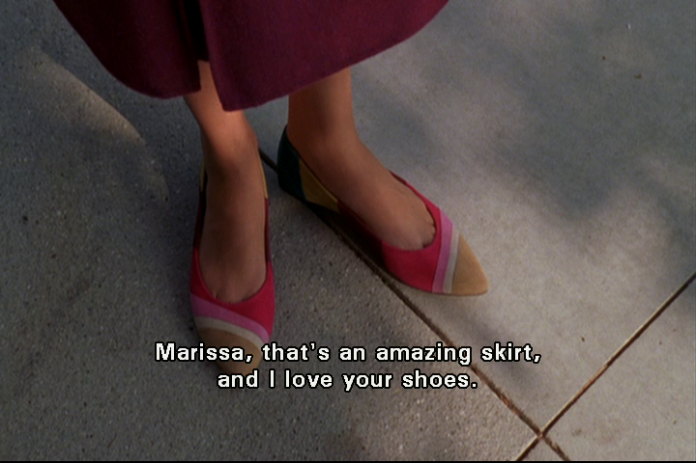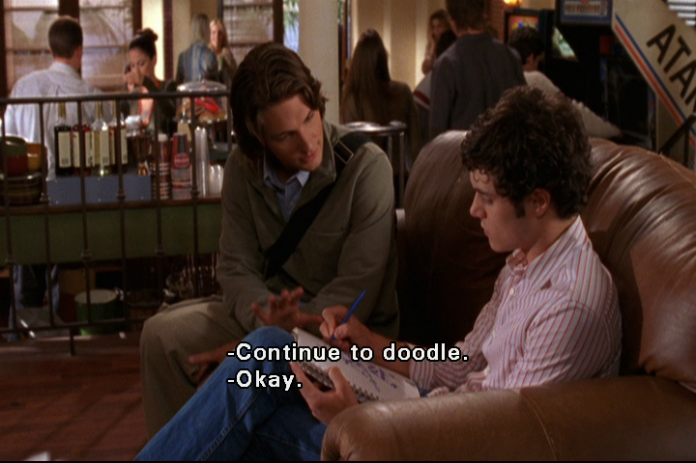Less Than Zero by Bret Eason Ellis, tell the story of a distant young man in urban environments, disenstized to everything around them. A online comment reviewed the book as a slow moving episode of The Hills, but this high end metropolitan media speaks to a larger culture that we live in, one of meaningless consumption. Norman Mailer called Los Angeles a “constellation of plastic” and that is exactly what this novel reflects, other than depression, a jaded sense of humor, and maybe too much cocaine. Fresh from college, Clay & co, move in and out of Fred Segal and house parties. Shopping here, tanning there, a bar later to dodge a friend who seems a little weird now but you’d rather not now know why. Compared to the girls of The Hills who make almost make busy work as interns look fun, and going to Les Deux afterwards let the flaxen hair down, where they gossip and make somewhat polite conversation, and meet over lunch the next day to discuss the gory details of a too close encounter with an ex-friend.
These ideas are seen as shallow, but so is your average American. Landfills rise to torment the environment, and public schools have stifling budget cuts. Libraries are losing funding, and what intelligent media exists online is now behind a pay wall. Information is always a locksreen away, yet Anti-Intellectualism is at its lowest low. Art imitates life, which imitates art, and again. We see that the world around us isn’t one with much constructive conclusion. We find that if anything, things seem to be moving downhill. One would hope that 30 years after its publishing that Less than Zero would be less relatable, but if anything it’s more.

The OC, 2005.
Your average conversation now, whether friend, foe, or coworker will mostly involve television and consumption. There’s nothing wrong with enjoying these things of course, but when all down time involves consumption and gossip, without any objective at all, the question comes whether or not we are pigs instead of people. On television now we see jokes that convey that working out is for snooty over achievers, and we find the same ones from friends. If you’ve ever seen an eyelid flare open at the mention of a paperback novel, you may have found yourself approaching a threshold of no return. To have ever read The Washington Post could be considerd the same as using black magic in some areas.
Technology has become more affordable now than ever before. Whether desiring a phone, laptop, or tablet, there is always one available for less than $300, and wifi is about everywhere you sit, sometimes even outside. But there has been a shift in what is considered normal. We value intelligence for business acuity, for start-ups, and for what could bring about more entertainment, but for the average American, much less outside of that. The fashion designer you follow on Instagram was inspired by Taoism, the movie you love, inspired by Jane Austen, and sure, they both grossed millions, but there was a person present in the moment who found meaning in something other than buying and disposing of something.

The OC, 2005.
What the planet asks for now is less waste. A fun question would be what would we all do if suddenly if we bought to keep, what would we do with our spare time and resources? Or one more pleasing would be, if you suddenly had the resources to buy all that existed in the world, with nothing left over, what would be the goal afterwards? One without consumption, surely. At the last stop of the party bus there is the need for more education, and new insights. The need to learn, the need to build, and the need to do more than only serve oneself, but also to serve a community.
